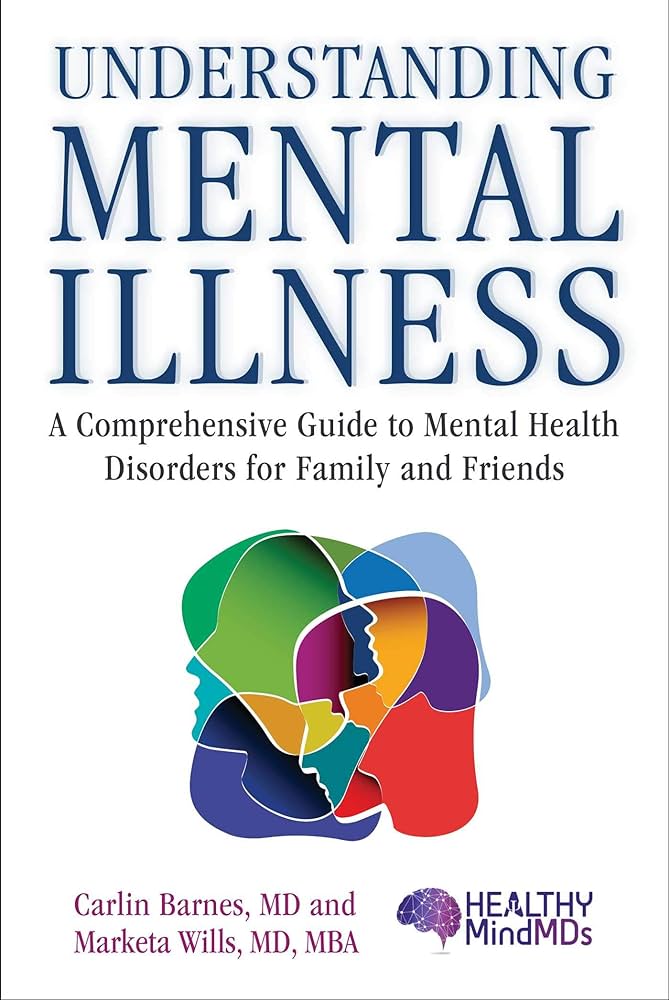Growing up, mental health was never really a topic of conversation in my household. It was brushed off as something that only affected “crazy” or “weak” people. As I got older, however, I started to realize the impact that mental health can have on anyone, regardless of age, gender, or social status. Like many others, I was unaware of the complexities surrounding mental health and the importance of taking care of it. It wasn’t until I personally experienced struggles with my own mental health that I truly began to understand the significance of this issue.
Mental health encompasses our emotional, psychological, and social well-being. It affects how we think, feel, and act, and it plays a crucial role in our overall well-being. Just like physical health, mental health is vital for leading a fulfilling and balanced life. Yet, it often gets neglected due to societal stigmas and a lack of understanding.
One of the most common mental health disorders is anxiety. According to the World Health Organization (WHO), over 260 million people worldwide suffer from anxiety disorders. Anxiety can manifest in various forms, such as generalized anxiety disorder, panic disorder, social anxiety disorder, and specific phobias. Unfortunately, many people misunderstand anxiety and dismiss it as mere worry or uneasiness. However, anxiety can be debilitating and severely impact a person’s daily life. It is important to understand that anxiety is not a choice; it is a genuine mental health disorder that requires empathy and support.
Depression is another prevalent mental health condition that affects millions of individuals worldwide. It is characterized by persistent feelings of sadness, emptiness, or hopelessness. Depression can impact every aspect of a person’s life, from their relationships to their ability to perform everyday tasks. It is more than just feeling “down” or “sad.” It is a serious medical condition that requires medical attention and treatment. However, due to the societal stigma still surrounding mental health, many people suffering from depression feel ashamed or scared to seek help.
One of the biggest challenges in addressing mental health is the lack of awareness and understanding surrounding it. Many people have preconceived notions about mental health disorders, leading to misconceptions and stereotypes. It is crucial to educate ourselves and others about mental health to break down these barriers. By fostering empathy and understanding, we can create a supportive environment where people feel comfortable seeking help and discussing their struggles openly.
In recent years, there has been a significant push towards mental health advocacy and awareness. This has led to a better understanding of mental health, as well as improved access to resources and support. Mental health organizations, such as the National Alliance on Mental Illness (NAMI) and the World Federation for Mental Health (WFMH), have played a crucial role in promoting mental health education and destigmatizing mental health disorders.
Taking care of our mental health should be a priority for everyone, just as we prioritize our physical health. Self-care practices, such as maintaining a healthy lifestyle, practicing mindfulness, and seeking professional help when needed, can greatly benefit our overall well-being. It is essential to remember that there is no one-size-fits-all approach to mental health. Each individual may require a unique combination of strategies and treatments to manage their mental health effectively.
Support from friends and family is also vital in navigating the challenges of mental health. It is crucial to cultivate a supportive network of individuals who understand and are willing to provide a listening ear or offer assistance when needed. Mental health should not be a taboo topic; it should be openly discussed, and seeking help should be encouraged and celebrated.
In conclusion, understanding mental health is a crucial step towards creating a more inclusive and supportive society. By becoming educated about mental health, we can break down stigmas and support those who are struggling. Mental health is something that affects each and every one of us, and it is our collective responsibility to ensure that no one suffers in silence. Let’s prioritize mental health, both in our own lives and in the lives of those around us.
